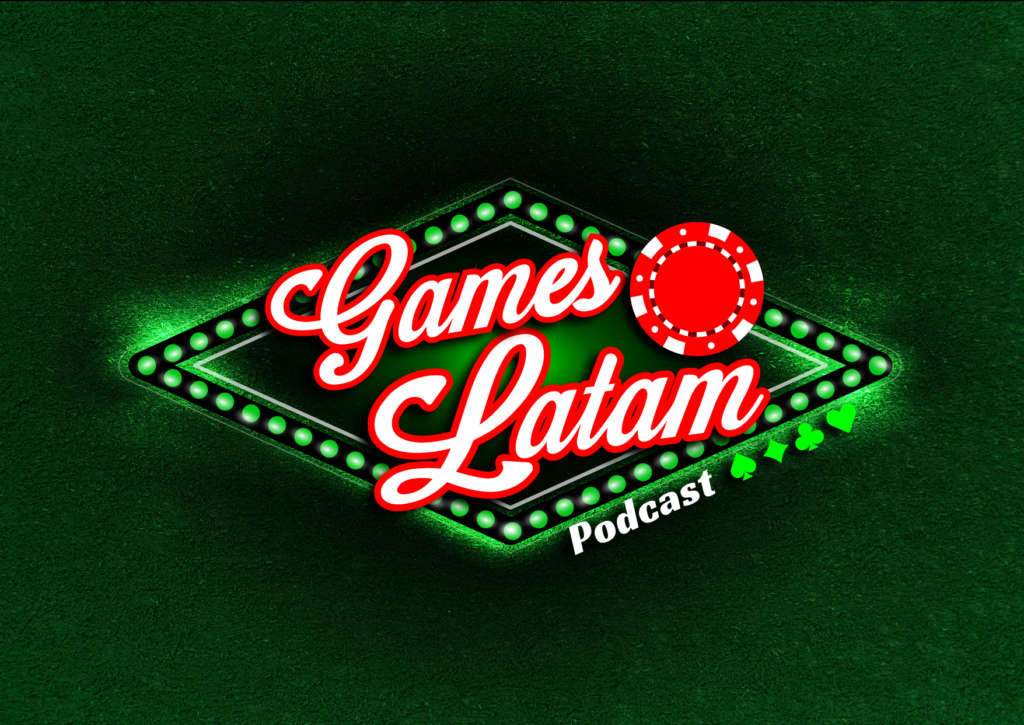Imagine trying to place a bet on an unlicensed site and your bank instantly cancels the transaction.
That’s now a reality in Lithuania, thanks to a landmark law forcing banks to block all such payments.
Picture a more transparent gaming environment, where only authorized operators can process card transactions.
Keep reading to learn how Lithuania’s new rules could reshape Europe’s regulated gambling scene.
Lithuania Cracks Down on Unlicensed Gambling: Payment Blocking Law Takes Effect
3 Key Points
- Mandatory Payment Blocking for unlicensed operators in Lithuania covers all bank cards and financial gateways.
- Whitelisted Operators remain unaffected, offering licensed services without obstacles in the new legal framework.
- Heavy Fines threaten payment service managers who fail to implement the new blocking rules.
Lithuania has taken a decisive step to curb unregulated gambling by approving an amendment compelling financial institutions to block payment card transactions tied to unlicensed operators. Signed into law on 14 January, this measure aims to drastically reduce unauthorized online wagering and fortify regulated gaming activities in the country.
Under these updated rules, whenever a user attempts to gamble through unlicensed portals, the corresponding payment is immediately rejected by banks or similar service providers. The government insists that this mechanism can bolster player protections, promote a safer market, and encourage local gamblers to play exclusively on recognized, supervised platforms.
In practice, the measure mandates only whitelisted operators—those licensed by Lithuania—to continue processing payments as normal. Anyone else is effectively cut off from the local finance pipeline, losing access to Lithuanian customers. This stark division enforces compliance in a sector where cross-border offers once reigned unchallenged. The government calls it a big step forward, moving beyond the prior patchwork approach to enforcing regulation.
Penalties also come into focus. For managers of payment services who fail to block restricted transactions, fines may range from €1,800 to €3,800. That tangible accountability ensures finance leaders pay heed to the new law. If they receive instructions from the regulator but neglect to enforce them, they risk paying a substantial price.
Still, challenges arise. Before finalizing the amendment, officials and banks discussed issues with limited data fields in current payment processes. For example, certain bank forms or digital payment systems do not automatically convey key details like the legal entity, company code, or the account number of the recipient. This gap has historically undermined efforts to implement block requests from gambling regulators effectively. The new law attempts to fix these gaps by requiring better data exchange.
Additionally, the Gaming Supervisory Authority (LPT) will create and maintain a list of all licensed gaming companies. The LPT pledges to publish this on its website, ensuring providers easily confirm whether a transaction is legitimate or must be blocked. This clarity fosters smoother enforcement, sidestepping guesswork or slow data retrieval processes. If an operator’s name is not on the official list, the relevant payments are a no-go.
Lithuania introduced partial measures against illegal gambling in 2015, looking to regulate an emerging online market. The LPT blocked 1,809 illegal sites from 2016 to 2024. However, certain unlicensed companies persisted, circumventing earlier rules by operating across different domains or using alternative payment processors. The government hopes this new law—though stringent—will be more effective than previous ad-hoc instructions.
Observers point out how the crackdown underscores a broader shift across Europe. Neighboring jurisdictions also toughen iGaming rules, focusing on money flows. By turning to banks and blocking payment methods, regulators cut illicit operators at the source of funding. Analysts highlight that players themselves might adapt quickly if they notice their transactions fail under unauthorized sites.
For honest operators, the new measure is good news. Licensed brands stand to benefit from reduced competition and a more level playing field. For consumers, it signals a safer environment, since regulated platforms typically uphold local laws on responsible gaming, data protection, and fairness. The new scheme puts power in the financial system’s hands to serve as gatekeepers, adding yet another layer to how governments enforce iGaming compliance.
By compelling financial institutions to bar payments to unlicensed gambling services, Lithuania cements a robust stance against unauthorized gaming. The approach merges enforcement with financial sector cooperation, producing immediate effects. While banks must adapt to better data requirements, legitimate operators can flourish under clearer protections. As Lithuania intensifies its measures, players and providers alike gain a more transparent, responsibly regulated gambling market—ultimately upholding trust in a fast-changing industry.
The post New Lithuania Law Blocks Unlicensed Gambling Payments appeared first on Gamingo News.
Imagine trying to place a bet on an unlicensed site and your bank instantly cancels the transaction. That’s now a reality in Lithuania, thanks to a landmark law forcing banks to block all such payments. Picture a more transparent gaming environment, where only authorized operators can process card transactions. Keep reading to learn how Lithuania’s
The post New Lithuania Law Blocks Unlicensed Gambling Payments appeared first on Gamingo News.
Participe da IGI Expo 2026: https://igi-expo.com/










